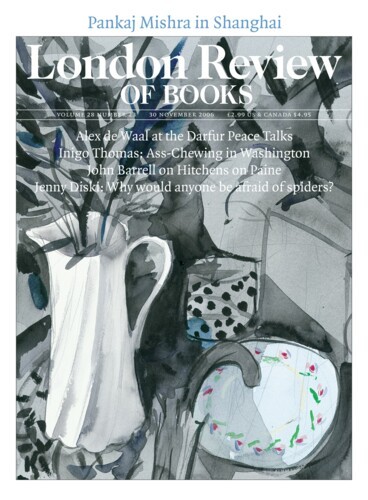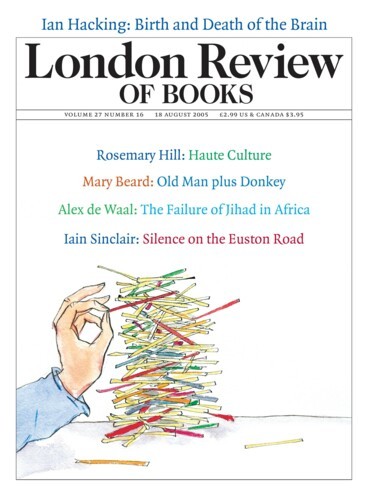Dollarised: How Not to Nation-Build
Alex de Waal, 24 June 2010
State-building isn’t working, and it isn’t for lack of trying. The European and American countries that go by the name ‘the international community’ have poured expertise, money and troops into Afghanistan, the Democratic Republic of Congo and Sudan, to name only the biggest and most challenging countries. But the more effort that is expended, the more troublesome...





